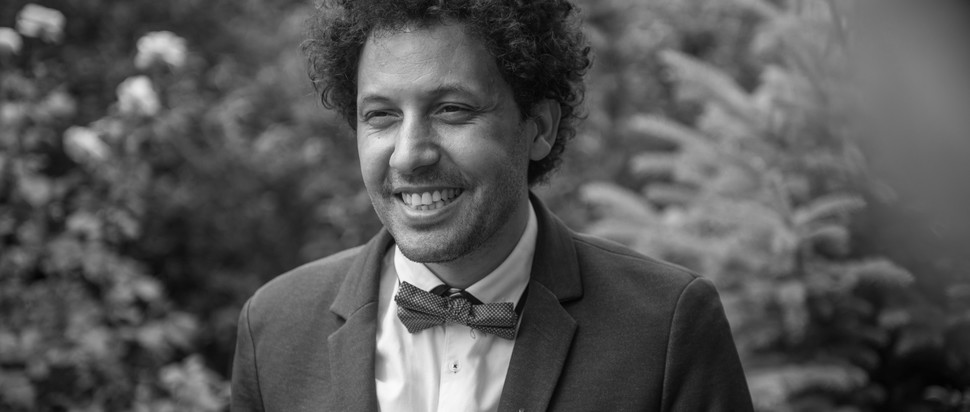Joe McCann on Things My White Friends Say
We speak to Tron Theatre's freshly commissioned writer Joe McCann about Black Lives Matter, racism in Scotland and why he wants you to contribute to his new play
The Skinny: Congratulations on being commissioned to write Things My White Friends Say. What can you tell us about the project so far?
Joe McCann: Thank you! This play will be a verbatim piece – I’m out there speaking to people and what’s interesting will go into the play. Right now I’m still at the interview stage and I’ve been interviewing a wide range of people about the Black Lives Matter movement and race relations. It’s been quite difficult at times – I’ve been shocked by a few things I’ve heard and moved by a few things, too. So far I’ve talked to an MP, a police officer and an author, among others. I have most of the material now so I’m going to sit down and write it in the next few weeks.
You want to interview people of colour who have experienced racism growing up in Scotland. Is there any reason why you wanted to focus on the everyday racism in this country specifically?
There is a fallacy that racism doesn’t exist in Scotland, or that it’s not that bad here. Of course that’s not true. I’ve been on the receiving end of racism in Scotland for as long as I can remember, and I know other people who have been too. It's something that should be looked at, which is why I want to write specifically about lived experiences of racism here.
You’re also hoping to hear from white people who ‘perhaps do not agree with BLM or the removal of statues and everything that symbolises.’ Why?
I know lots of people personally who don’t support the Black Lives Matter Movement. A lot of these people would not consider themselves to be racist. I want to gain an insight into their thought process. Why do they have an issue with statues coming down? Why do they have an issue with the BLM movement? My immediate reaction to that would be ‘because they’re racist’ – and they probably are! But I want an insight into where that comes from. I want to understand why close friends of mine – people I’ve known for 20 years – react to things like the murder of George Floyd by saying, ‘that could have happened to a white person, too.’ The defensiveness is very strange to me and I think it could be of interest to an audience, too.
Where did the title Things My White Friends Say come from?
It came from speaking to white friends during this period. I had a conversation with one friend who was talking about how racism is a two-way street. He said that if he were to go to the Bronx, he would be killed for being white. When he told me that, I thought that Things My White Friends say would make a good title for a play – it [can encapsulate] both ludicrous and sinister aspects.
Figures suggest that the Black Lives Matter movement may be the largest civil rights movement in history – somewhat paradoxically, involvement soared during a period of unparalleled intense isolation. Most people have attributed this to the power of social media. What can theatre still do that social media can’t? Does theatre still have a role to play in the movement?
I believe all art still has a role to play in protest movements. Social media of course has contributed hugely to the success of this one. [But] theatre is immediate, live and brings a group of people together in one room to hopefully be enthralled by performances of words – I don’t think there’s anything else like that out there. I would hope that people would come see Things My White Friends Say and engage with BLM if they haven’t already.
You left Scotland to live in Hungary for 13 years. How did that experience influence or inform your work?
In Hungary I was a foreigner, so I was always a bit of an outsider. I’m interested in the art of the outsider – my favourite film is Taxi Driver, which was written about that feeling [of otherness]. I try to channel that sense of being an outsider into my writing and my experience in Hungary fed into that.
Finally, what would you say to anybody reading this who would like to reach out to be interviewed?
Hit me up on my Twitter or my Tron email! No names will be included in the piece – your input will be totally anonymous and you can be as honest and open as you like. Let's have a conversation.
If you're keen to be interviewed for Things My White Friends Say, contact Joe via the Tron on joe.mccann@tron.co.uk
